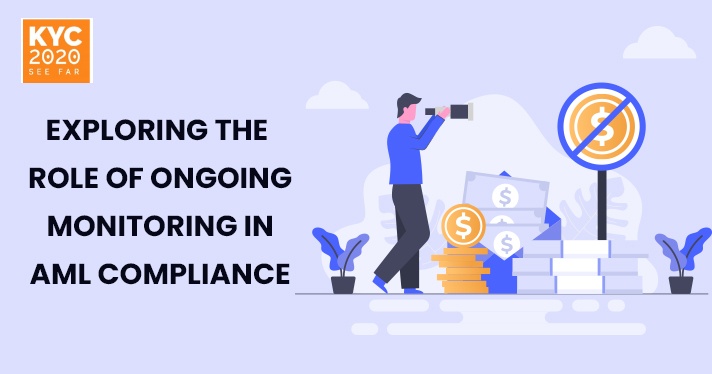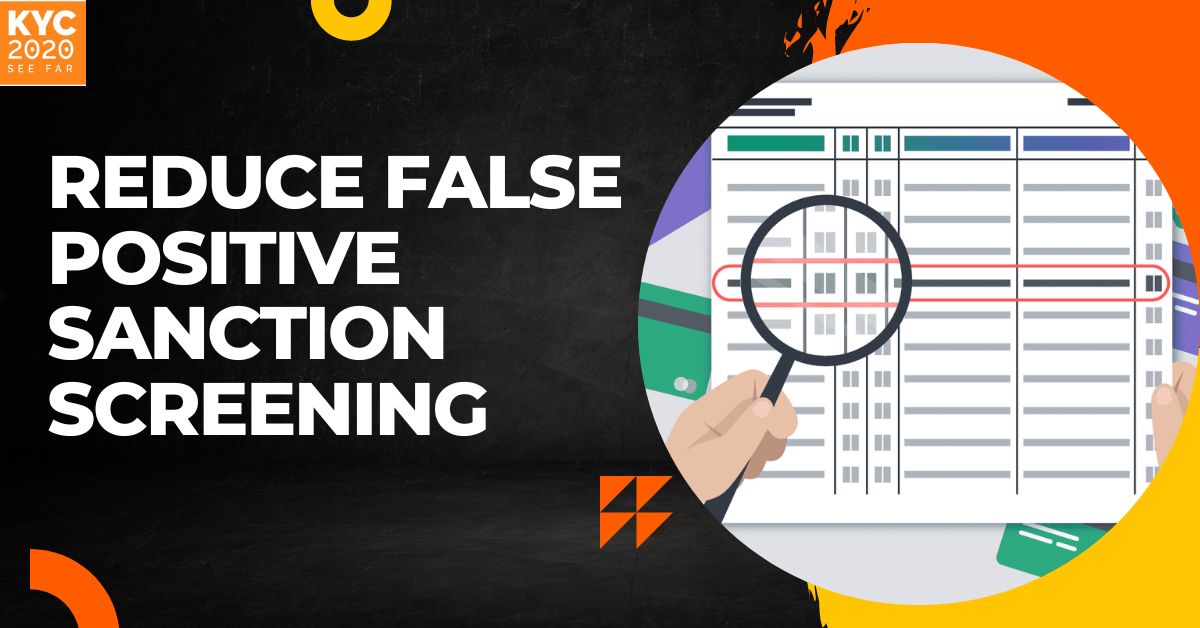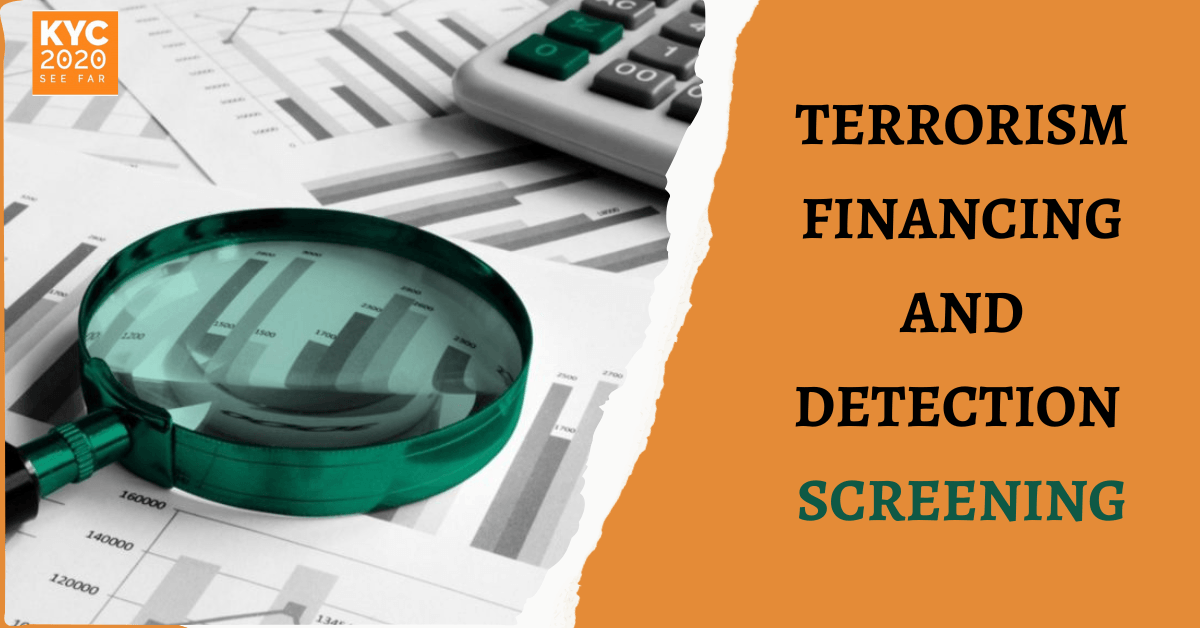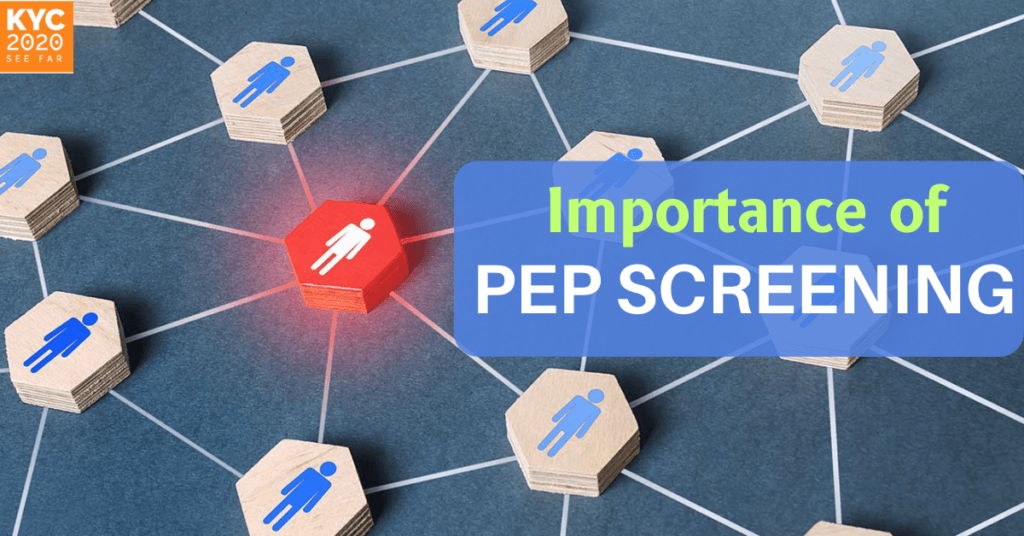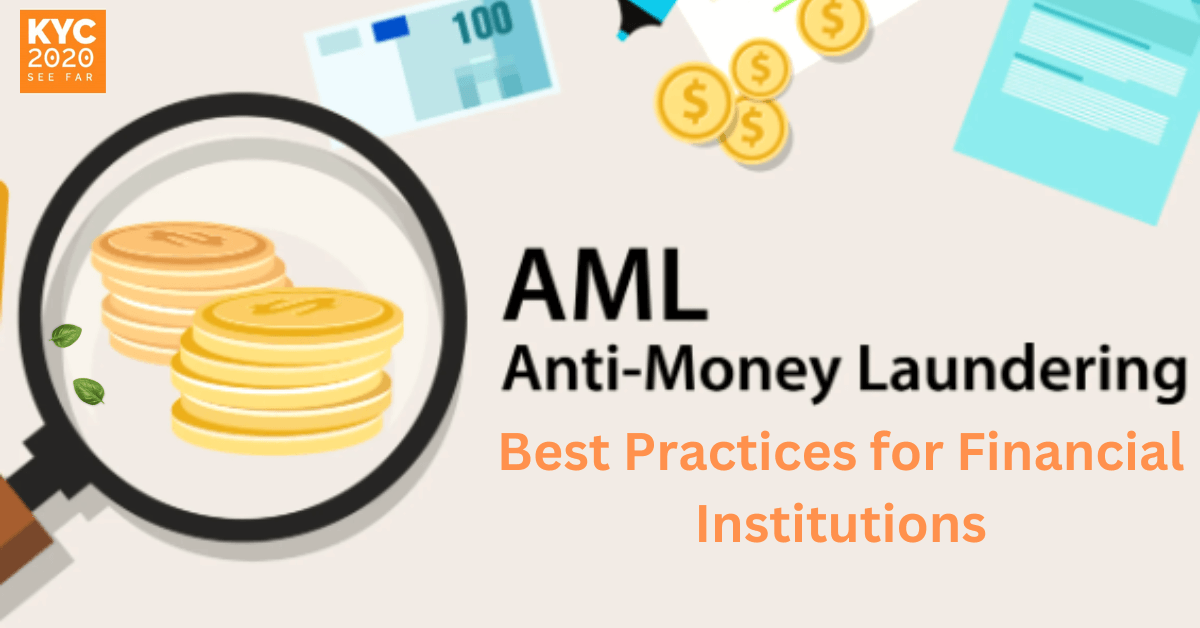In today’s rapidly evolving financial landscape, the fight against money laundering has become more crucial than ever before. To safeguard the integrity of the global financial system, financial institutions are increasingly turning to anti-money laundering – AML compliance measures. However,…
Blog
An Overview of Anti-Money Laundering(AML) Best Practices
Money laundering is a serious crime, and it can have devastating effects on both businesses and society as a whole. As such, it’s important for financial institutions and Fintech companies to have solid anti-money laundering (AML) best practices in place.…
How to Reduce False Positives in Sanction Screening?
Sanction screening is a critical process for any organization that works with clients or customers. It is intended to help identify potential financial crime risk, and allows businesses to remain compliant with government regulations and other laws. But what happens…
Understanding Terrorism Financing and Detection
In today’s globalized world, terrorism financing is a common occurrence. Terrorism financing is the system by which terrorist organizations are able to acquire resources and move them around, allowing terrorists to carry out attacks. It is important for organizations to…
AML Compliance & It’s Importance
Anti-Money Laundering (AML) compliance is an important element of any business and is a set of procedures and regulations designed to prevent money laundering and other illegal activities, but it can be particularly complex for financial institutions. Financial institutions must…
What is AML Screening & It’s Process?
Anti-Money Laundering (AML) name screening is a critical process for companies who must comply with government regulations to prevent money laundering and other illegal financial activities. This process helps protect businesses from the risk of fraud, identity theft, and other…
Why PEP Screening is Important for Business?
Politically Exposed People (PEPs) are classified as high-risk customers with greater opportunities than normal citizens to gain assets through illegal methods such as accepting money laundering and bribes. PEPs need to be identified and screened by banks due to their potential…
Anti-Money Laundering Best Practices for Financial Institutions
Anti-money laundering (AML) is an important part of any business framework. It involves the detection and prevention of money generated from criminal activities such as fraud, bribery, and terrorism. AML is essential for protecting your business from these types of…
Everything You Need to Know About KYC Regulations
In today’s digital age, businesses must comply with Know Your Customer (KYC) regulations. If you’re unfamiliar with the term, KYC is a process of verifying the identity of customers. It helps companies identify and prevent fraud and money laundering, ensuring…
Know Your Client (KYC): What It Is, Importance, Benefits & Process?
In the business world, ‘Know Your Client’ (KYC) is a term used to describe the process of verifying a customer’s identity and understanding their financial dealings. KYC requirements have become more important in recent years as businesses work to protect…
